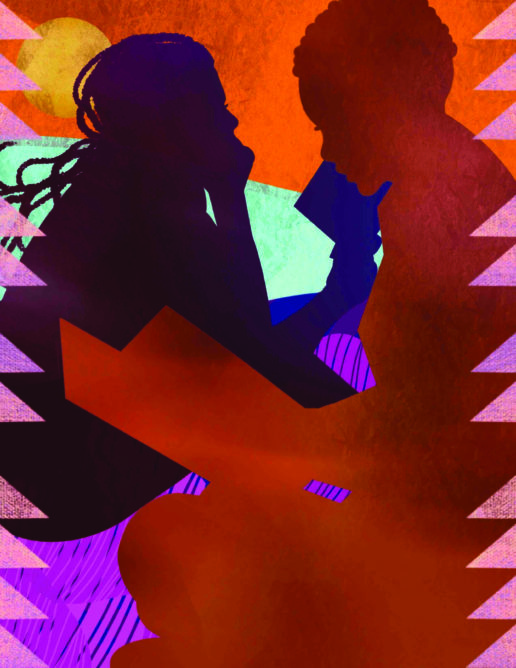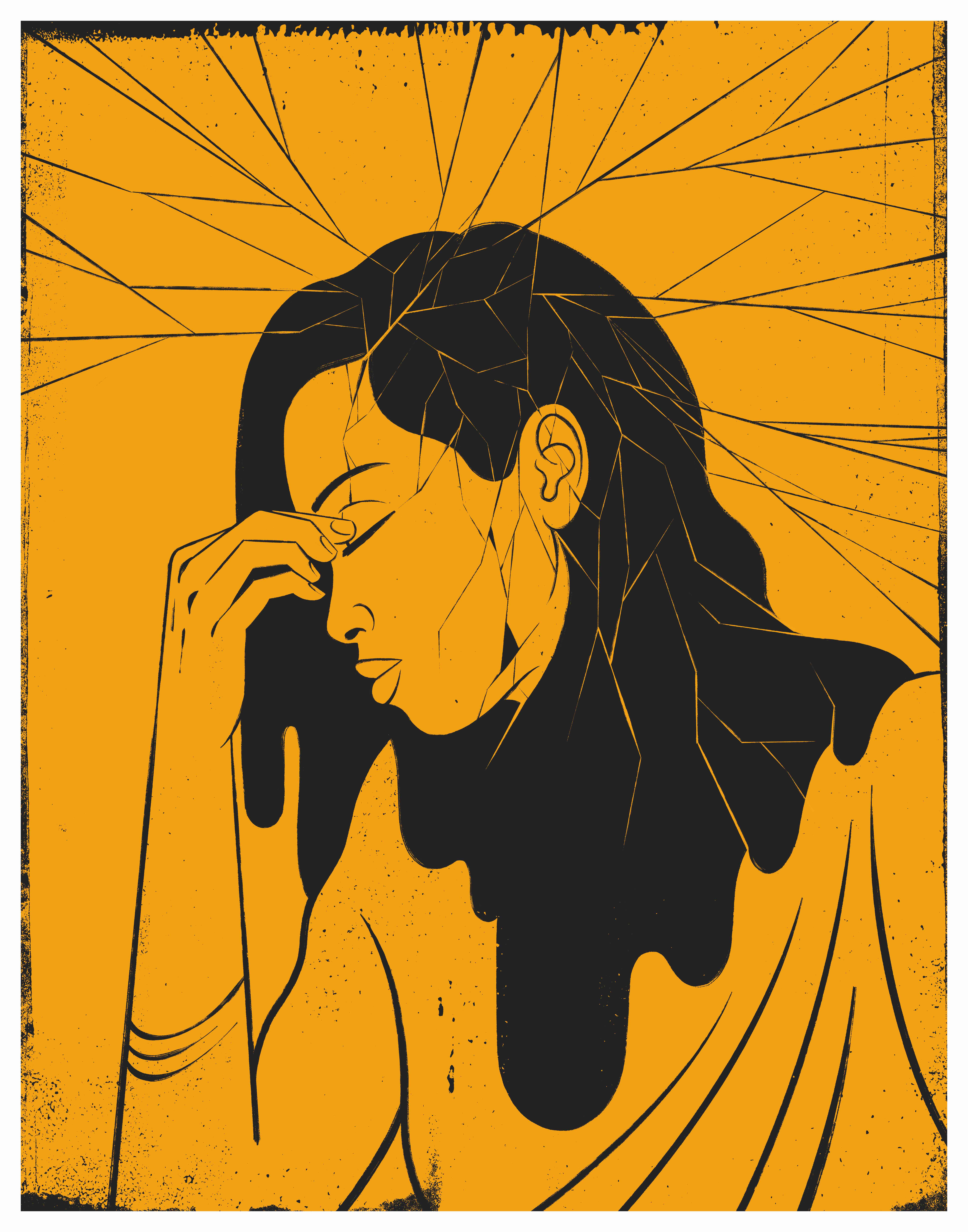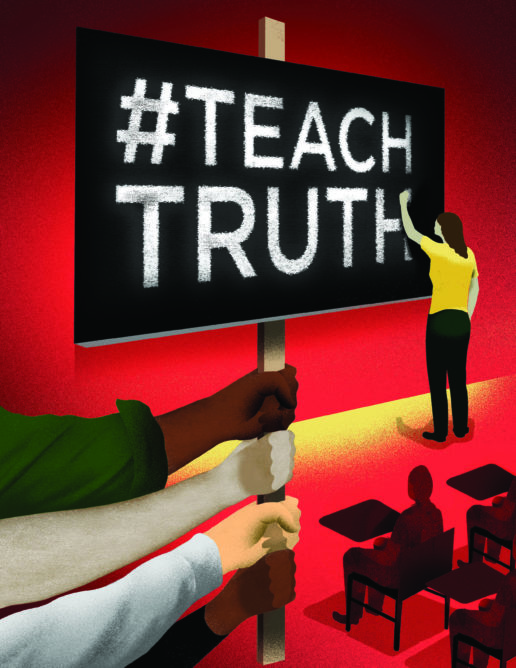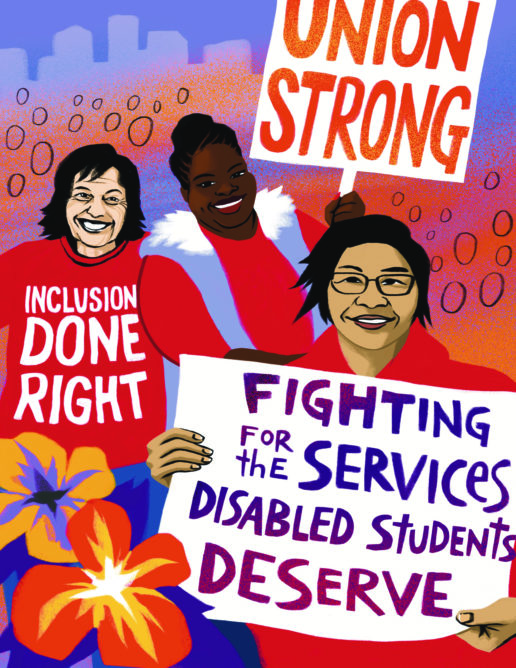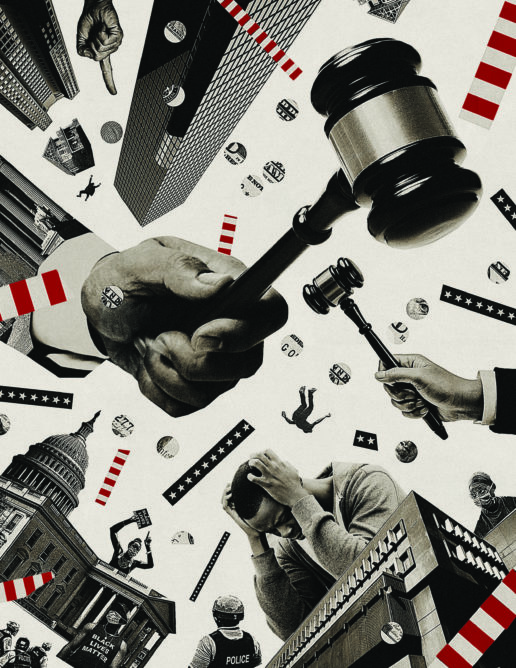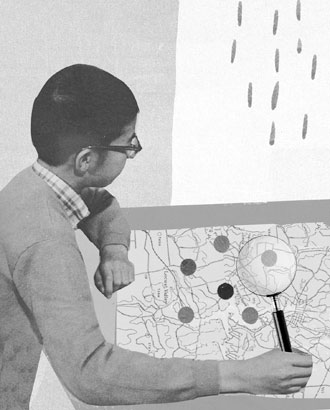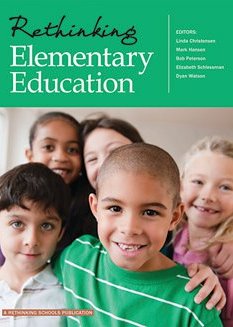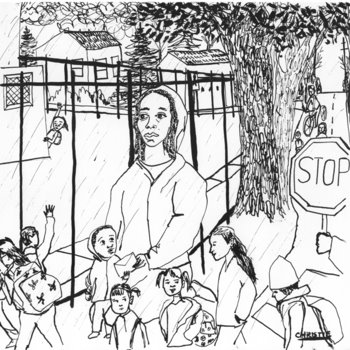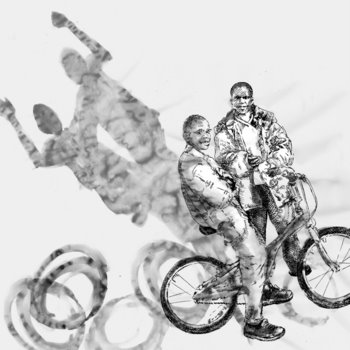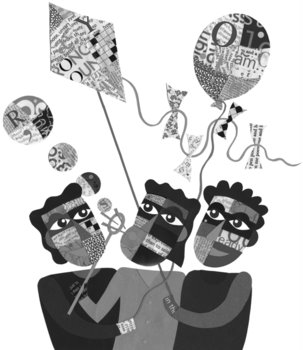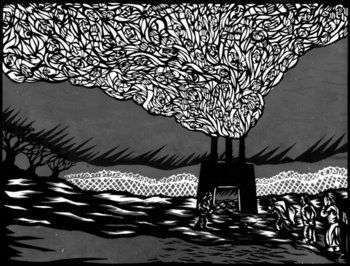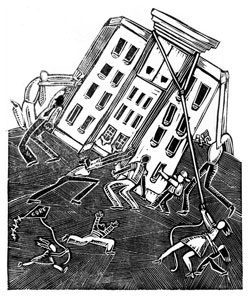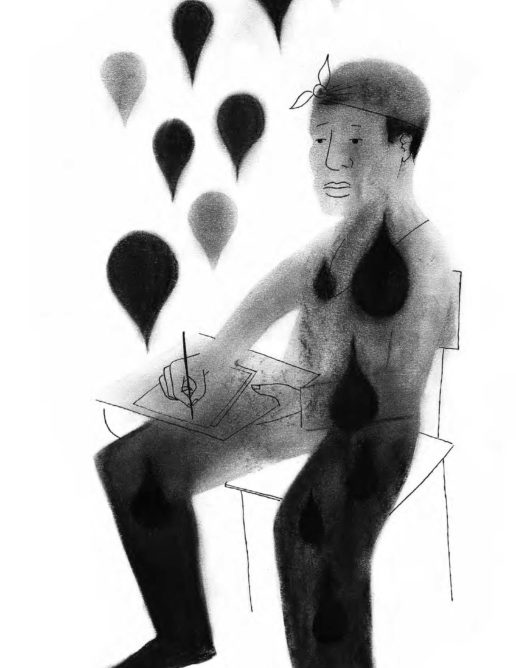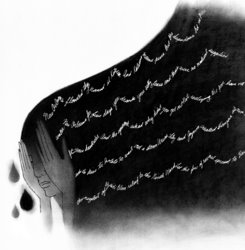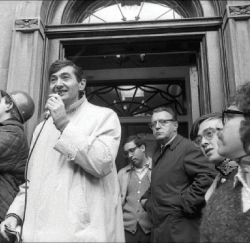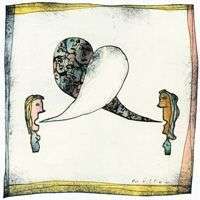In her new book, The Spirit of Our Work: Black Women Teachers (Re)member, Cynthia Dillard (now dean of the College of Education at Seattle University) provides language for what occurs when Black women teachers discover their spiritual wisdom and identities that are part of a long historical continuum of Black women’s resistance, creativity, and ultimately, their healing.
As part of the so-called “Great Resignation,” many teachers are leaving the field or thinking of leaving earlier than expected; the impact on public education could be catastrophic.
Teachers nationwide have been standing up to register their resistance and solidarity, organizing rallies, supporting school board candidates who reject these bills, and doubling down on their own efforts to learn and teach about race.
I grew up in the suburbs of Detroit. In the early 1990s, my family fought to have my brother Micah, who had been labeled with an intellectual disability with needs […]
A middle school teacher organizes a tribunal for her students on responsibility for the COVID-19 crisis in the United States. Among those on trial are Mother Nature, Gen Z/Millennials, the Healthcare Industry, Racism and White Supremacy, the Chinese Government, the U.S. Government, and the Capitalist System.
An elementary teacher uses the poetry of Jorge Argueta to help students express their feelings about leaving one country for another.
A high school science teacher expands her curriculum to include the impact of cancer on her students lives, and the environmental, social, and political realities of who gets sick and who gets treated.
Rethinking Schools has assembled two new books that focus on what teachers are really accountable for: the learning, empowerment, and well-being of their students. In this section of the magazine, we are honored to offer five new articles from those books.
An African American mother and teacher educator uses examples from her own childhood to describe how she hopes her child will be treated by teachers, and what she fears.
An elementary school teacher takes us inside his classroom to see how he builds on his students’ lives and passions to help them create persuasive essays.
A middle school language arts teacher apologizes to her students for the states narrow and deceptive standardized test.
First graders, three at a time, use classroom computers to take standardized tests. Their teacher explains the impact on the students and herself.
Scripted curriculum de-skills teachers and rewards students for passivity, not critical thinking. A teacher educator urges teachers to organize and fight back.
Declassified is a student-created play about a NYC school closure. When administrators try to shut the play down, a viral protest lets the show go on.
Why is there so little teaching or discussion of climate change in classrooms?
Students play a game promoted by the coal industry, then dig beneath the surface to look at the realities of mountaintop removal mining.
Video resources for the classroom, plus links to activist websites.
The new leadership of the Chicago Teachers Union explains how they won and where they’re going.
In his last recorded broadcast, Zinn holds forth on Haiti, persistent silences in the curriculum, and early influences in his life before offering advice to new teachers.
Poetry becomes the vehicle for students to strengthen the classroom community, think critically about their collective experience, and push their teacher to push them.
A poet in the schools leads students to compare three natural disasters-Hurricane Katrina, the San Diego wildfires, and the recent earthquake in Haiti-and turn their grief and anger into poetry.
An elementary teacher uses the poetry of Jorge Argueta to help students express their feelings about leaving one country for another.
Howard Zinn will be remembered as the historian who transformed the way we think about and teach U.S. history. He was also a brilliant teacher, a passionate activist, and a warm and generous friend.
First-person narratives about climate change bridge the gap for students between theory and reality.
When parents avoid connecting, they model for children how not to talk about race and racism.

